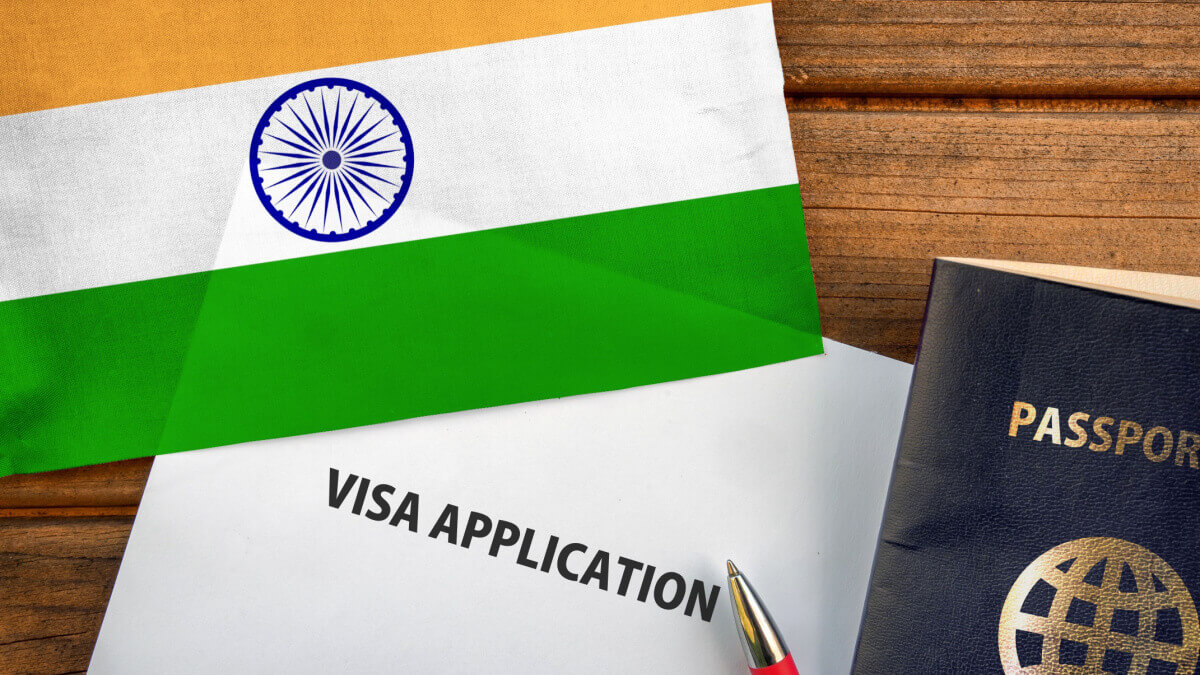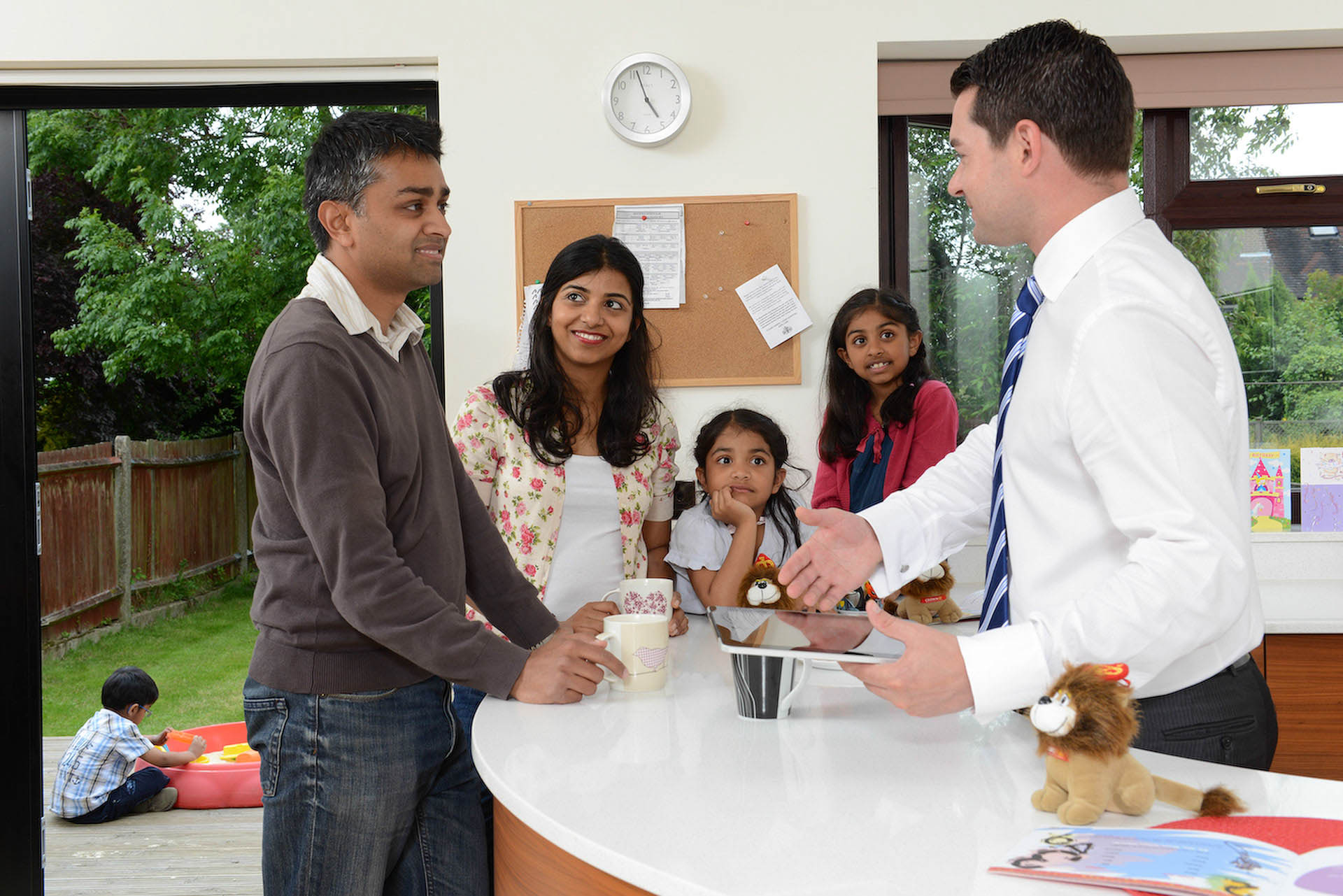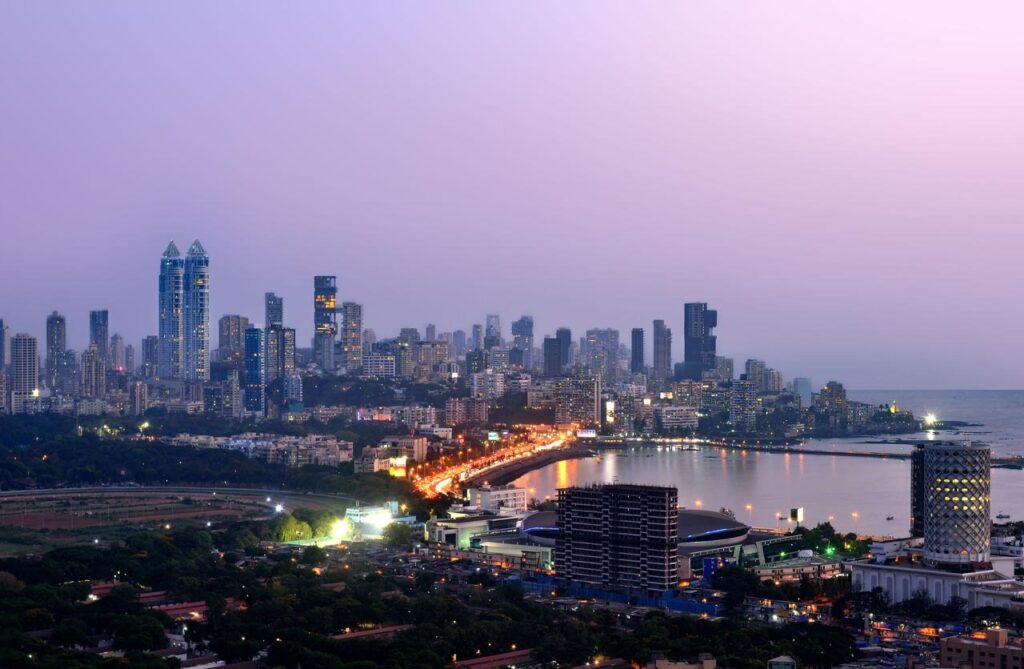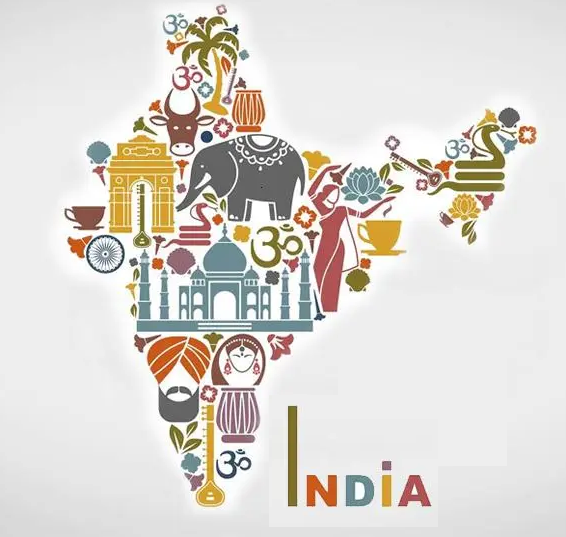Expats are often drawn by India’s dynamic job market, especially in sectors like IT, finance, pharmaceuticals, and telecommunications. The cost of living is generally lower than in Western countries, allowing many expats to enjoy a higher standard of living, including affordable domestic help and services.
However, be prepared for challenges such as crowded cities, traffic, variable weather (from heat to monsoons), and pollution in urban centers. Despite these hurdles, India’s vibrant culture, career opportunities, and the chance to experience one of the world’s most fascinating societies make it a rewarding destination for expats.
Visa Requirements for Moving to India
Cost of Living in India

Food and Groceries
Monthly groceries for one person typically cost around ₹4,500 to ₹5,000 ($60-$65), depending on lifestyle and city. Eating out is very affordable; a meal at a local restaurant can cost ₹150-₹300 ($2-$4), while a three-course meal for two at a mid-range restaurant averages ₹1,500-₹2,000 ($20-$27)

Transportation
Public transport (metro, buses, auto-rickshaws) is inexpensive, with monthly costs ranging from ₹1,000 to ₹3,000 ($13-$40) depending on city and usage. Ride-sharing apps like Ola and Uber are widely used and affordable.Owning and maintaining a scooter or car is more costly: scooter rentals start around ₹2,500 ($33) per month, while car rentals or ownership can be ₹75,000+ ($1,000+) annually.

Housing Cost
Rent varies widely with 1-bedroom apartment in city center: ₹16,000 to ₹30,000 ($210-$400) per month. Outside city center: ₹10,000 to ₹15,000 ($130-$200) per month. Luxury apartments or villas can cost ₹45,000+ ($600+) monthly. Housekeeping/domestic help can cost ₹10,000 ($140) or more per month for part-time help.

Utilities
Electricity bills average around ₹4,500 ($60) per month, depending on usage and air conditioning. Water is inexpensive, typically ₹400 ($5) monthly. Internet plans cost about ₹800-₹1,000 ($11-$13) per month for good broadband connections. Mobile phone plans are cheap, around ₹400 ($5) monthly
Finding the Right Housing in India
| Neighbourhood | The Attractions |
|---|---|
| Bandra, Mumbai | Trendy cosmopolitan area with vibrant nightlife, shopping, dining, and seaside promenades. |
| Whitefield, Bangalore | Tech hub with luxury apartments, international schools, parks, and shopping malls. |
| Koregaon Park, Pune | Cosmopolitan vibe with cafes, nightlife, cultural events, and proximity to business districts. |
| Vasant Vihar, Delhi | Embassy district with green parks, upscale markets, and international schools. |
| Powai, Mumbai | Lakeside views, modern apartments, tech parks, and diverse dining options. |
| Indiranagar, Bangalore | Vibrant social scene with boutiques, restaurants, pubs, and art galleries. |
| Chandigarh Sectors 17 & 35 | Planned city with clean streets, parks, shopping centers, and proximity to hill stations. |
| Navi Mumbai (Vashi, Nerul, Kharghar) | Well-planned urban areas with green spaces, good schools, and affordable housing. |
| Kochi, Kerala | Coastal city with historic forts, backwaters, beaches, and rich cultural heritage. |
| Baner, Pune | Growing residential area with modern amenities, schools, and proximity to IT parks. |
Explore India Cities
Educational System Options in India for Expats with Kids
Healthcare in India
Healthcare in India for expats offers a mix of high-quality private medical services and more limited public healthcare options. Most expats rely on private hospitals and clinics, which provide modern facilities, English-speaking staff, and internationally trained doctors at a fraction of Western costs.
Public healthcare is often overcrowded, with fewer hospital beds per capita compared to developed countries, making private care the preferred choice for expats. Health insurance is strongly recommended, as out-of-pocket expenses can be significant; private insurance plans are affordable relative to Western standards and cover a wide range of treatments.
Taxes Implication in India for Expats
Cultural Differences for Expats Moving to India and How to Overcome Them
| Cultural Difference | How to Overcome It |
|---|---|
| Language Diversity | Learn basic Hindi or local phrases; use English for business but show respect for regional languages, |
| Social Structure & Hierarchy | Recognize and respect hierarchies in business and social settings; address seniors formally and defer to elders |
| Religious & Cultural Practices | Be open-minded, observe local customs, respect festivals and rituals, and ask questions respectfully. |
| Etiquette & Non-verbal Communication | Pay attention to gestures, dress modestly, avoid public displays of affection, and follow local dining etiquette. |
| Time Orientation & Punctuality | Expect flexible attitudes toward time; practice patience and confirm appointments; adapt to local pace. |
“If expats are patient and give themselves some time to adapt, it’s likely they will look at the country in an entirely different light as time passes. Indians are warm, hospitable people… Always ready to socialise.”
Conclusion
Moving to India from Sweden as an expat is both an exciting and transformative journey, offering the chance to experience a country rich in culture, history, and opportunity. While the transition comes with unique challenges-such as navigating visas, understanding local customs, securing suitable accommodation, and arranging healthcare-thorough research and preparation can make all the difference in ensuring a smooth relocation.
But Crown Relocations makes it significantly easier and more reassuring. With over 50 years of experience and a presence in nearly 60 countries, Crown offers comprehensive support at every stage of your move.
With the right mindset and planning, you’ll find that living in India can be a rewarding adventure filled with personal and professional growth.

No One Knows Better Than Us.
Get moving with our free moving quote form and let us take care of the rest!












